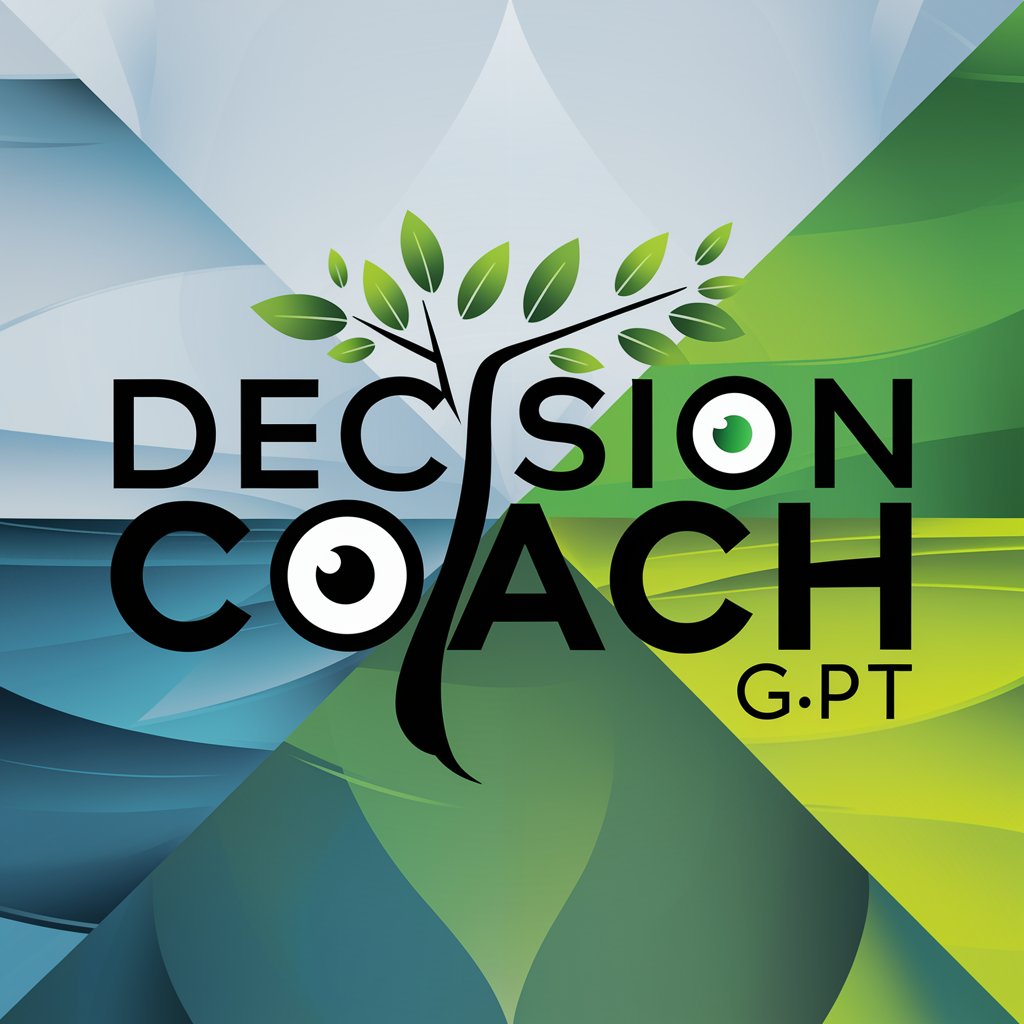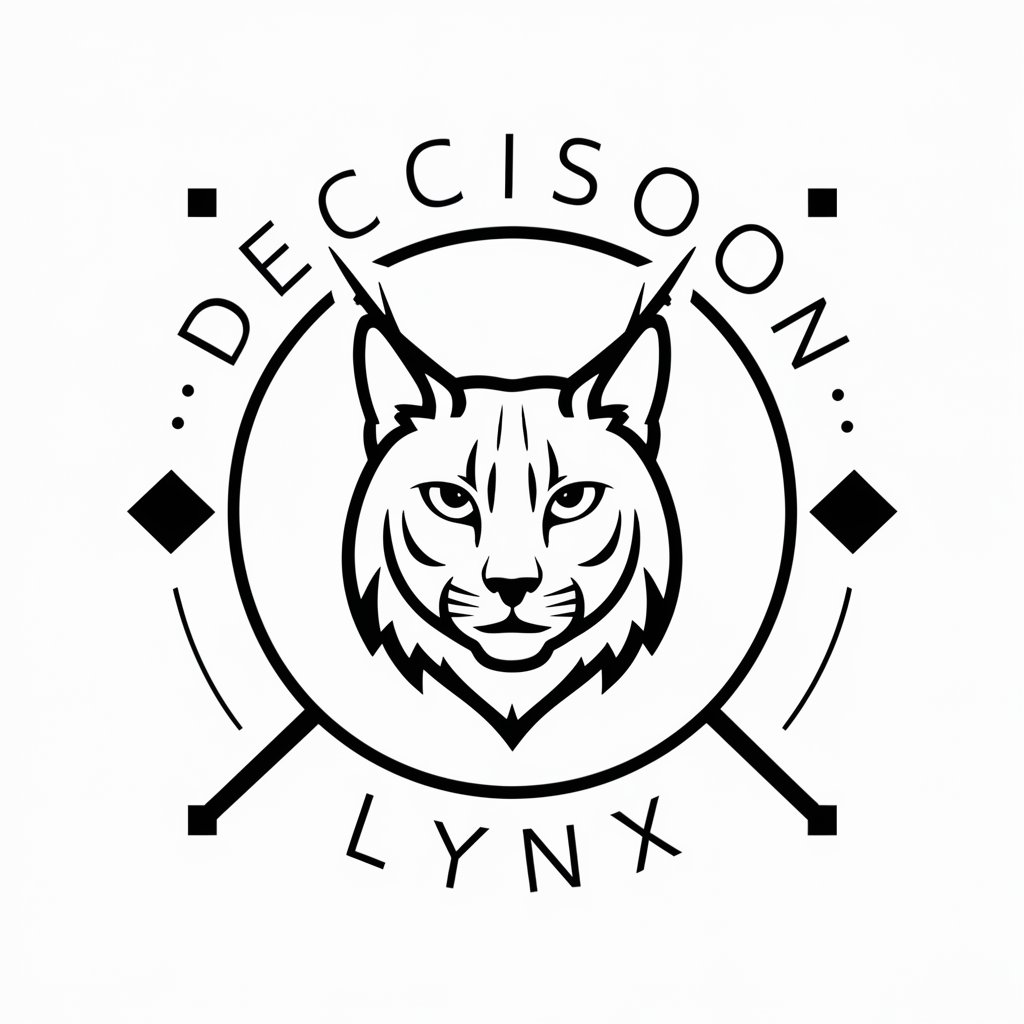
Decision Strategist - Decision-Making Insights
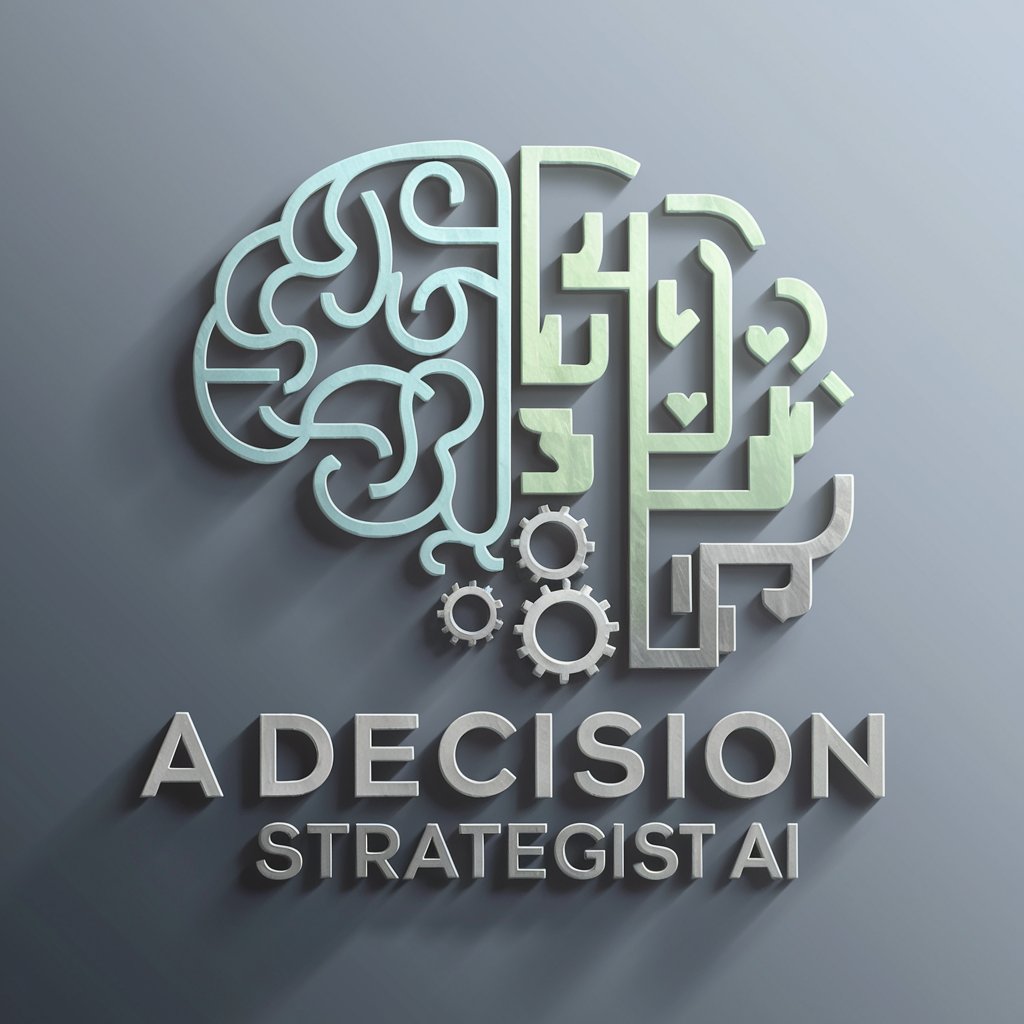
Welcome! Let's refine your decision-making strategy.
AI-powered Decision Support
Analyze a complex decision scenario involving...
Explore the motivations and mental states of key players in...
Apply mental models to enhance decision-making in...
Break down the decision process for...
Get Embed Code
Understanding Decision Strategist
A Decision Strategist is specialized in navigating through complex decision-making processes by analyzing motivations, mental states, and leveraging a broad spectrum of heuristics and mental models from leading thinkers. This role is designed to enhance decision quality by providing deep insights into various perspectives and underlying motivations. For example, in a corporate setting, a Decision Strategist might dissect the decision to enter a new market by considering factors such as competition, regulatory environment, company capabilities, and potential market demand. This involves applying Kahneman's dual-process theory to understand biases and Munger's mental models to evaluate the situation from different angles, ensuring a well-rounded approach to strategic decision-making. Powered by ChatGPT-4o。

Core Functions of a Decision Strategist
Decision Analysis
Example
Using Kahneman's 'Thinking, Fast and Slow' to identify cognitive biases that might affect a leadership team's decision on a merger, ensuring that choices are made on a rational basis rather than being swayed by emotional or superficial reasoning.
Scenario
In the context of a merger, a Decision Strategist would conduct a thorough analysis of both companies, market conditions, and potential synergies, while also considering psychological factors at play among the decision-makers.
Heuristic Application
Example
Employing Shane Parrish's Farnam Street mental models, like the Circle of Competence, to help a business leader recognize their strengths and weaknesses in knowledge areas relevant to their company's strategic direction.
Scenario
This might involve advising a CEO on focusing their company's efforts on core areas where they have the most expertise and market advantage, thereby avoiding overextension into unfamiliar territories.
Strategic Insights
Example
Offering nuanced perspectives on complex situations, like evaluating the pros and cons of adopting a new technology, by analyzing its potential impact on the business's operational efficiency, cost, and competitive advantage.
Scenario
When a company considers implementing a new technological solution, the Decision Strategist assesses how this decision aligns with the company's long-term goals and existing capabilities, ensuring a balanced view that includes potential risks and rewards.
Who Benefits from Decision Strategist Services
Corporate Leaders
CEOs, CTOs, and other senior executives who face complex strategic decisions that will impact the direction and success of their companies. They benefit from Decision Strategist services by gaining insights into their own decision-making processes, uncovering biases, and receiving comprehensive analyses of their strategic options.
Entrepreneurs and Small Business Owners
Individuals at the helm of startups or small businesses can leverage Decision Strategist expertise to navigate the myriad challenges of growing a business, such as market entry, product development, and scaling operations. The nuanced understanding of decision-making heuristics and strategic insights provided can be pivotal in steering these businesses towards success.
Policy Makers and Government Officials
This group deals with decisions that affect public policy and governance, where the implications can have wide-reaching effects on society. Utilizing a Decision Strategist can help in making informed, balanced decisions that consider various stakeholders' interests and the long-term impact on communities.

How to Utilize Decision Strategist
1
Begin by visiting yeschat.ai to access a free trial readily available without the necessity for login or a ChatGPT Plus subscription.
2
Identify the decision scenario you need assistance with, providing detailed context and any specific areas of uncertainty or focus within your decision-making process.
3
Utilize the 'Decision Analysis' feature to input your scenario details, allowing Decision Strategist to analyze the situation considering various perspectives and motivations.
4
Apply the recommended heuristics and mental models, exploring different strategies and insights that the tool provides to enhance your decision-making quality.
5
Review and adapt the actionable recommendations and alternative viewpoints offered by Decision Strategist to align with your ethical and practical considerations for optimal decision outcomes.
Try other advanced and practical GPTs
Narrative Transformer
Transforming narratives with AI power
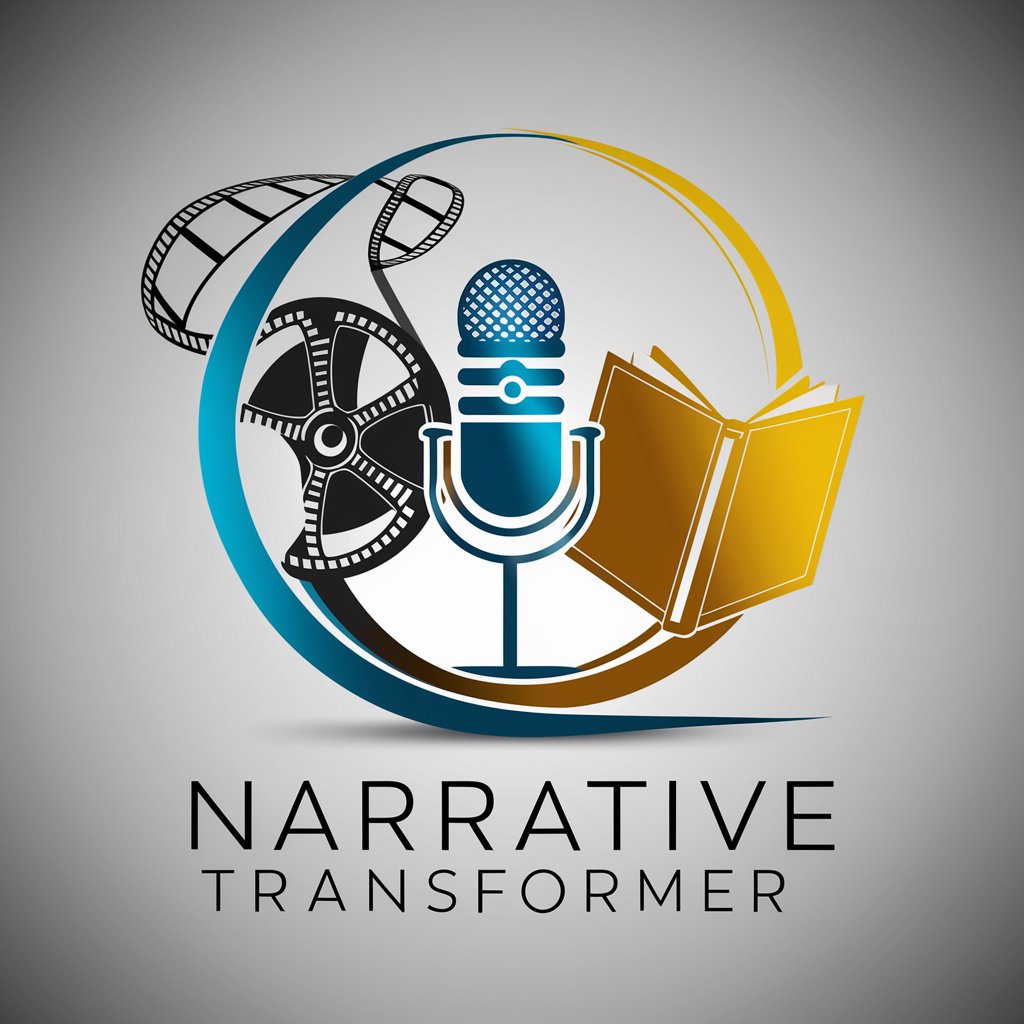
Boardroom Advisor
AI-Powered Strategic Business Guidance

韦特塔罗占卜
Unlock Mysteries with AI-Powered Tarot

OAIDocs
Unleashing AI's knowledge, simply.
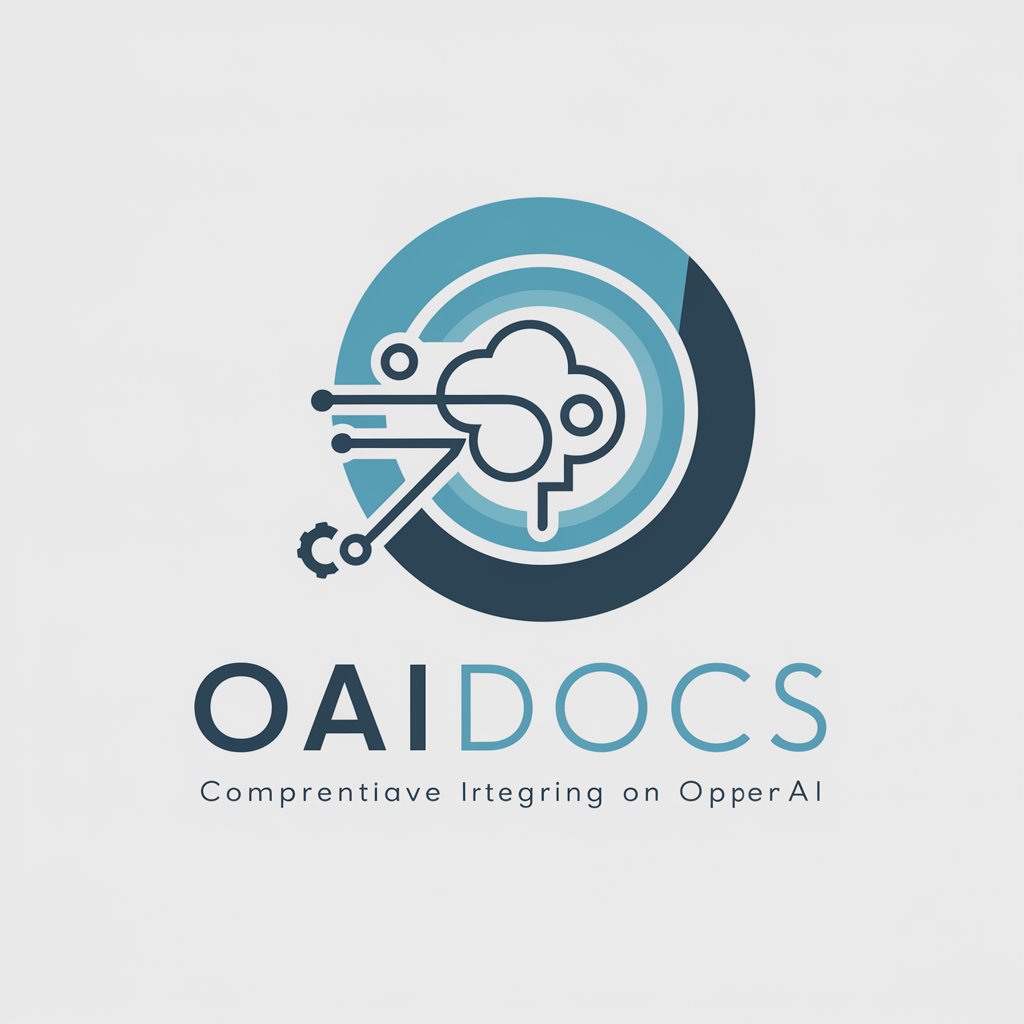
Strategy consultant
AI-Powered Strategic Business Advisor
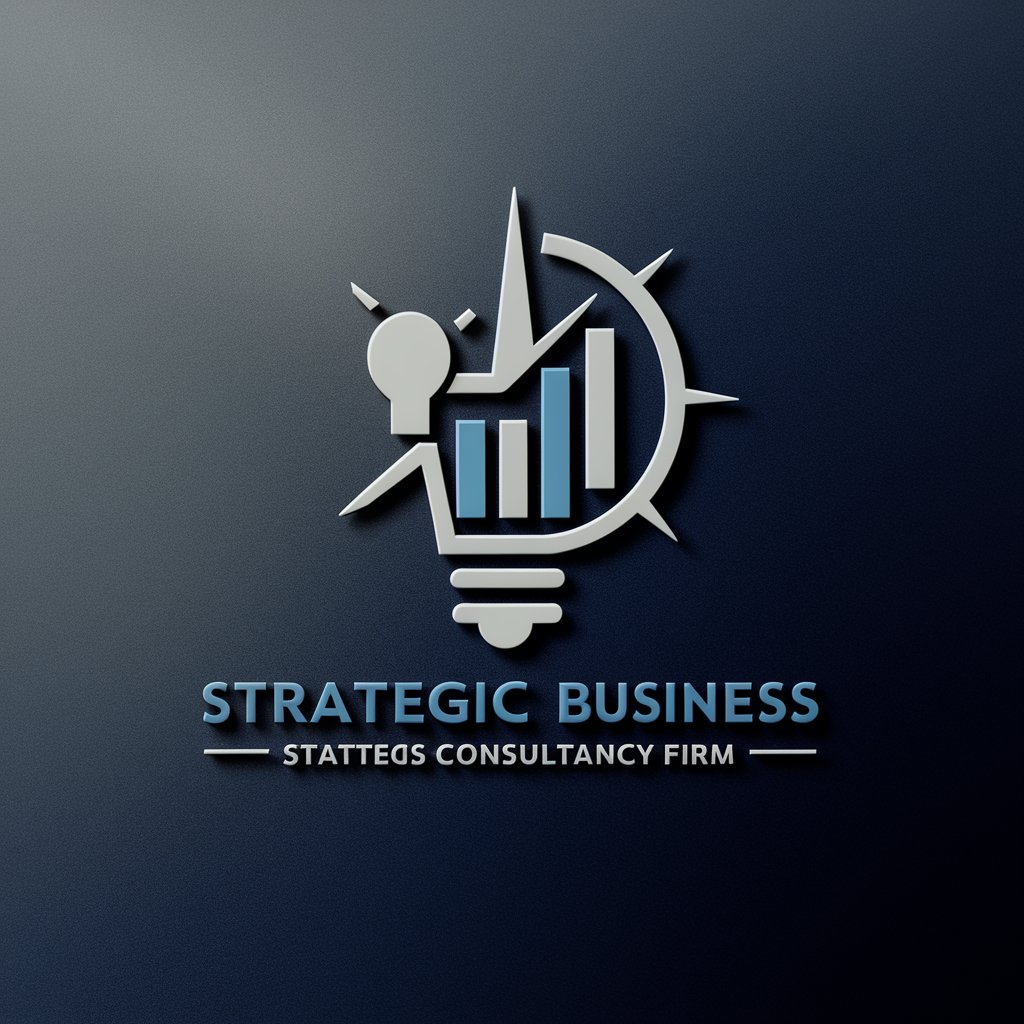
PsychPy Builder ビルダー
Empower your research with AI-driven experiment design
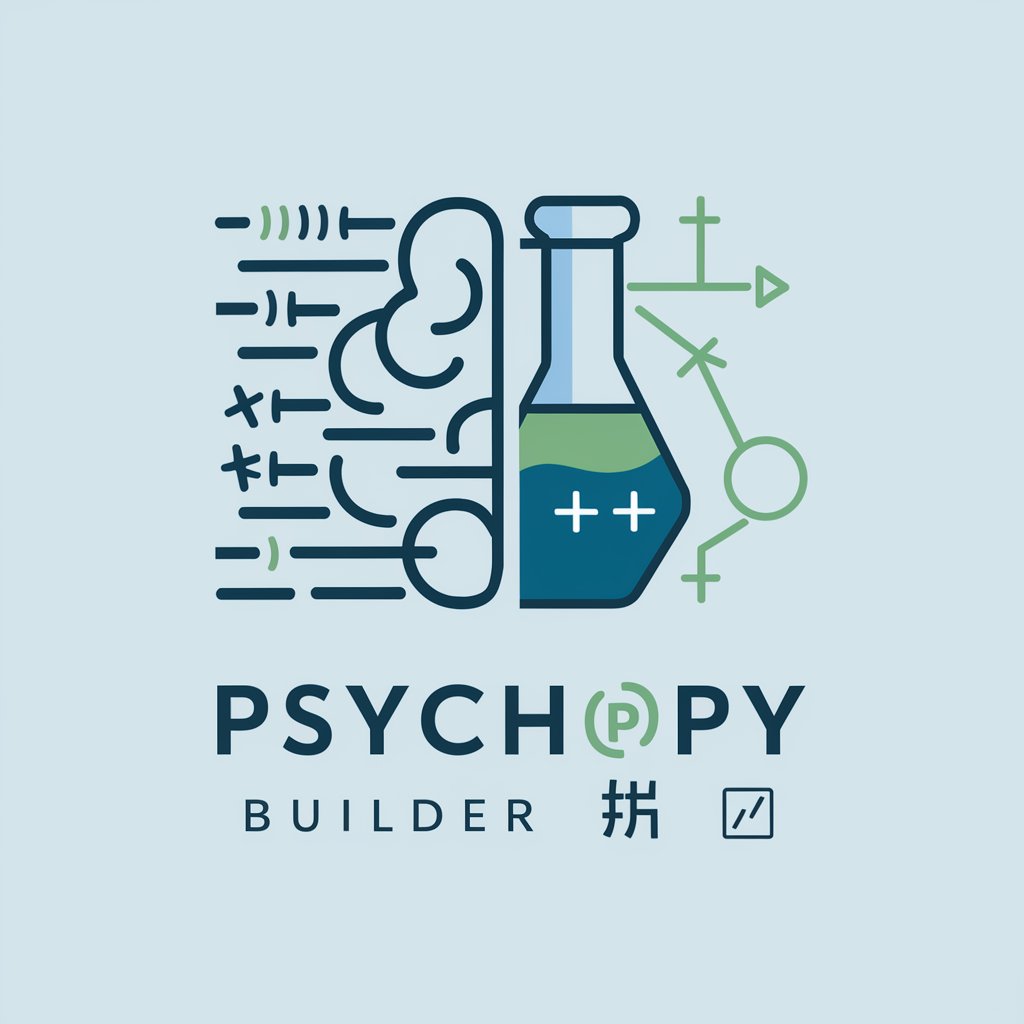
Sol Docs Bot
Empowering Development with AI-Powered Solana Insights

PokéMaker
Transform Images into Unique Pokémon Characters

Mechanical Engineer Master
AI-Powered Mastery in Mechanical Engineering

Cwingy Bwingy GPeeTee
Turn messages into emoji-packed fun!

Value Investing Chatbot
Empowering Investors with AI-Driven Insights

Bud Voyeur
Discover and Rate AI-Generated Buds

Frequently Asked Questions About Decision Strategist
What is Decision Strategist?
Decision Strategist is an AI-powered tool designed to assist in breaking down complex decisions, providing insights into motivations and mental states of key players while utilizing a range of heuristics and mental models to enhance decision quality.
Can Decision Strategist help with personal decisions?
Yes, Decision Strategist can be applied to both personal and professional decision scenarios, offering nuanced perspectives and strategies tailored to specific contexts.
How does Decision Strategist use mental models?
It employs a diverse array of mental models and heuristics from experts like Daniel Kahneman and Charlie Munger, adapting them to the specifics of your decision context to refine processes and provide strategic insights.
What makes Decision Strategist different from other AI tools?
Its specialized focus on complex decision analysis, the integration of renowned mental models, and the capacity to provide actionable recommendations based on deep insights into motivations and mental states set it apart.
Is Decision Strategist suitable for business use?
Absolutely. Decision Strategist is designed to support decision-makers across various industries, offering strategic insights for business planning, risk assessment, and critical decision-making processes.

